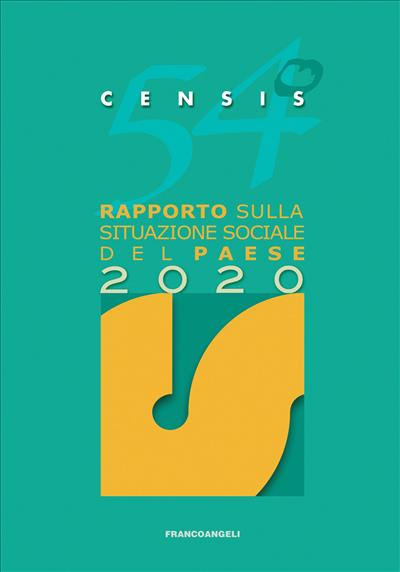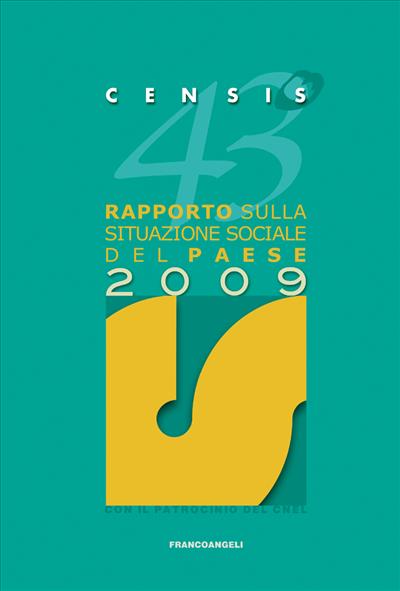
Italy Today 2004.
Social picture and trends
Edizione a stampa
30,50
Edizione a stampa
30,50
Pagine: 256
ISBN: 9788846467614
Edizione: 1a edizione 2005
Codice editore: 2000.1110
Disponibilità: Limitata




